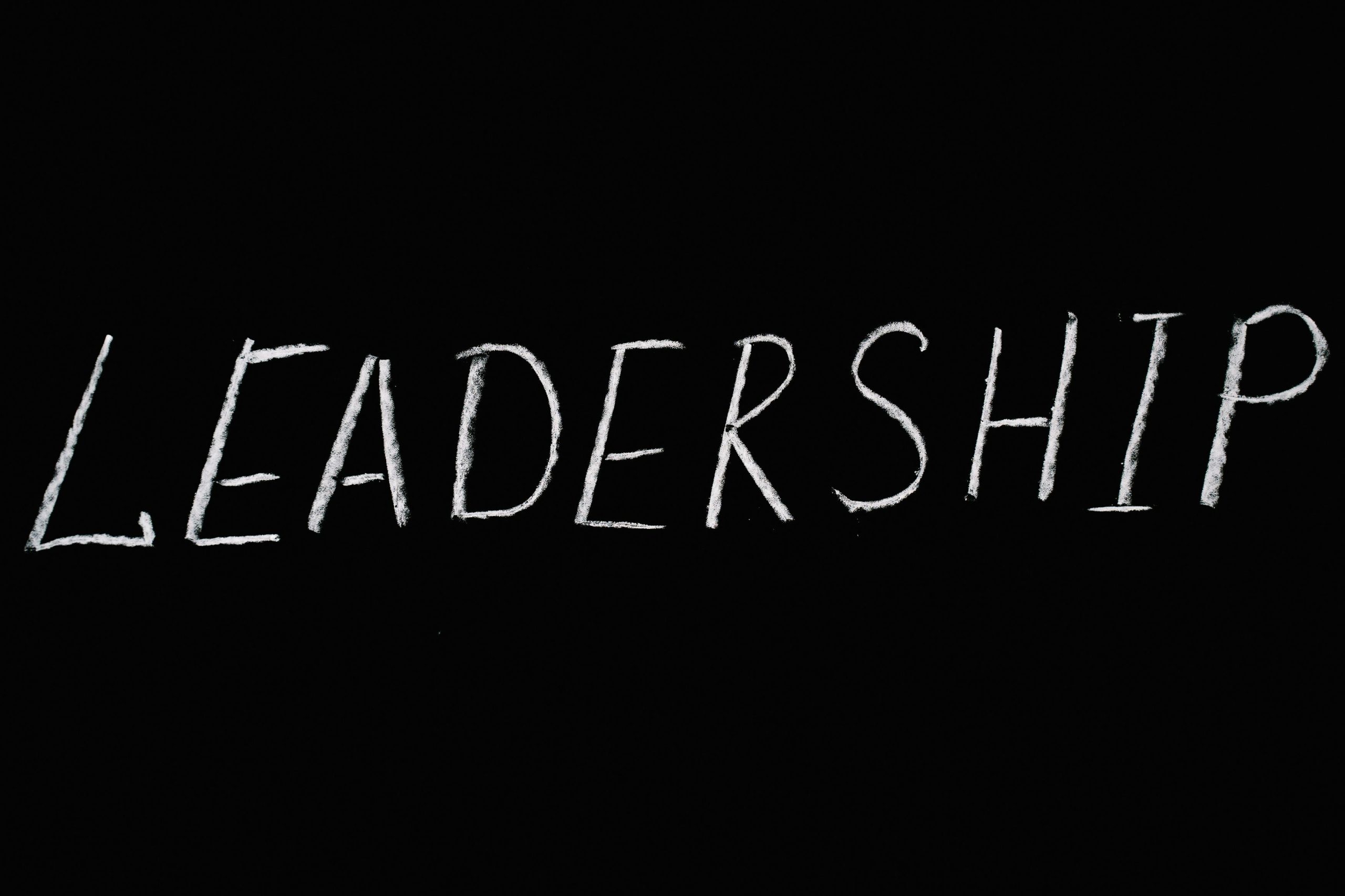As Americans celebrate Martin Luther King Jr. Day in 2025, the overlap with Donald Trump’s inauguration brings a unique opportunity to reflect on our country’s history and present leadership. On this day, Americans face a divided view of history: one group acknowledges the past, while another group tries to rewrite it. This moment in time provides an opportunity for people, especially those in North Carolina, to think deeply about the violence that shaped their history, particularly in 1968 after Dr. King’s tragic death.
The 1968 Violence in Raleigh
After the assassination of Dr. Martin Luther King Jr. on April 4, 1968, violence broke out across the country. Raleigh, North Carolina, was no exception. The city faced chaos for a whole week, forcing authorities to impose curfews, ban alcohol sales, and call in over 1,300 National Guardsmen to maintain order.
Initially, the response to King’s assassination in Raleigh was peaceful. Shaw University’s president, James E. Cheek, understood that his students might want to protest. However, he tried to keep the protests peaceful, saying there would be no riot in Raleigh as long as the police stayed away. He urged the police to retreat, but they did not. Instead, students were ordered back to campus, and some were injured by sniper fire from nearby buildings.
Despite the efforts to keep the peace, the situation worsened. Cars were set on fire, and several buildings, including the Green Brothers Seed building and the Shamrock Apartments, were burned down, leading to significant financial damage. Raleigh would later remember this as a turning point in its history, where the struggle for justice clashed with violence.
Leadership Amid Crisis
During this time of crisis, leaders like James E. Cheek worked hard to prevent further violence. Cheek’s calm and determined actions were essential in protecting people and property. Even as violence escalated, his efforts to manage the situation without further harm should be remembered as an example of leadership in the face of adversity.
At the same time, Raleigh also saw a difference in how white and black students were treated. While black students at Shaw University faced tear gas and police action, white students from N.C. State were treated with more understanding. The white students marched peacefully to the state capital and were met with a polite response from authorities, showing the inequality that existed at the time.
Dr. King’s View on Violence
Dr. King was a strong advocate for non-violence throughout his life. Even when he marched to support sanitation workers in Memphis in 1968 and faced violence, he expressed regret and urged people to stay peaceful. In 1965, Dr. King had condemned rioting during a visit to the Watts neighborhood in Los Angeles, saying, “Violence is not the answer to social conflict, whether it is engaged in by white people in Alabama or by Negroes in Los Angeles.” He made it clear that violence, no matter who it comes from, is not the way to solve problems.
In 2025, the country continues to struggle with violence in various forms, including the actions of the January 6 insurrectionists. While Dr. King spoke out against violence decades ago, some leaders today, like President Donald Trump, have suggested pardoning individuals involved in the January 6 attack, which raises concerns about how violence is treated by some in power.
A Call for Leadership in 2025
Now, as we face a new year and a new president, it is crucial for leaders at every level to take a stand against violence, no matter where it comes from or who is involved. Dr. King’s leadership showed us the importance of condemning violence and working for justice through peaceful means. Leaders today should learn from his example and strive to make choices that promote peace and understanding, not division and chaos.
The events of 1968 in Raleigh serve as a reminder of how quickly violence can escalate and how important it is to have wise leaders who guide us toward peace. As we remember Martin Luther King Jr., we should reflect on how far we’ve come and the work still ahead to ensure a society where peace and justice prevail.
(Source : newsbreak.com)


 by
by 

